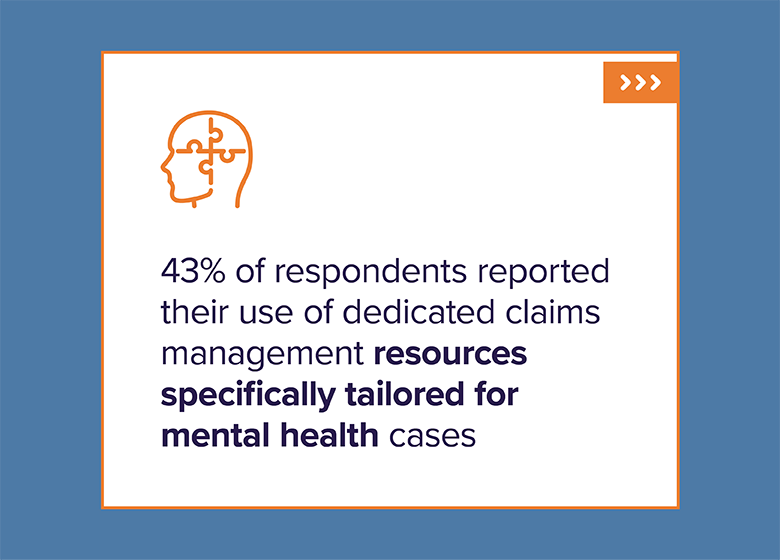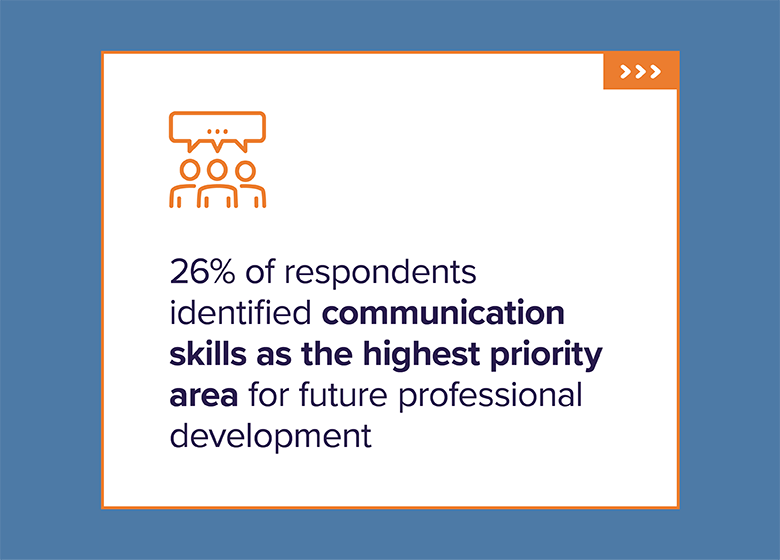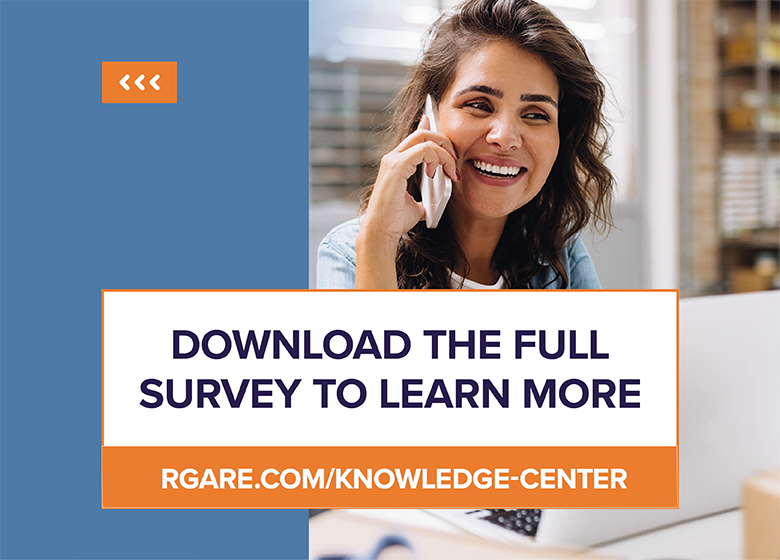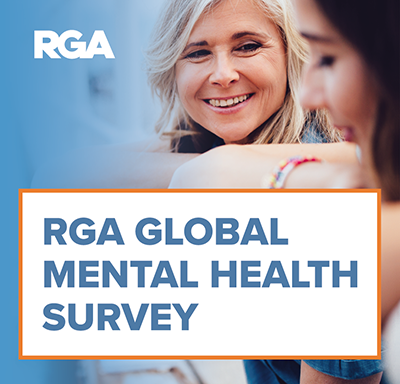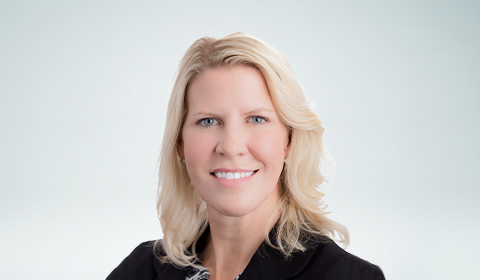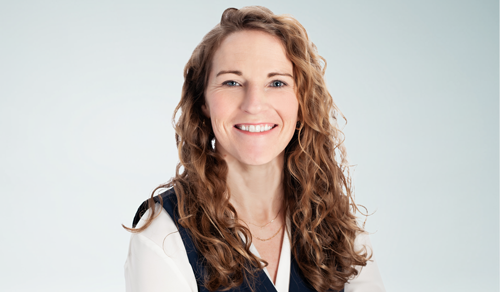RGA’s global survey revealed several potentially actionable insights in the area of claims management, highlighting the significant role insurers can play in shaping mental healthcare practices and outcomes moving forward.
Dedicated Specialist Resources for Mental Health Claims Management
RGA’s global survey yielded various responses regarding the evolution of processes aimed at supporting the mental health of claimants through specialist resources and value-added services, particularly for disability products. Most notably, 43% of the surveyed insurers disclosed their use of dedicated claims management resources specifically tailored for mental health cases. While North America (63%), Australia/New Zealand (56%), and EMEA (30%) reported the use of such resources, the Asia-Pacific (APAC) region reported no use. This might be attributable to a range of factors within APAC, including the lower prevalence of disability products and the developing healthcare infrastructure.
Key Takeaway: The use of specialist resources for mental health claims management in certain regions highlights the potential benefits of specialized mental health support, while the limited amount or lack of such resources in other regions offers an opportunity to make significant strides in this area.
Effective Claims Management
The survey also delved into the skills most needed to effectively manage claims involving a mental health diagnosis. Results confirmed that claims managers require a combination of technical and interpersonal skills. 26% of respondents identified communication abilities, as the highest priority area for future professional development, presenting an opportunity to invest in training and development initiatives.
Other responses, and areas of opportunity, included:
Key Takeaway: While 82% of survey respondents reported that they agree/strongly agree that their company has the required skill sets to adequately manage claims with a mental health diagnosis, these results are in contrast with feedback from claims professionals as part of RGA’s qualitative survey interviews. Claims respondents from all regions indicated it has become very difficult to find and retain people with the breadth of necessary expertise to handle these complex types of claims and, in particular, to communicate on complex claims management aspects with various stakeholders.




